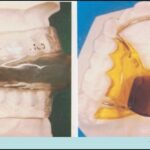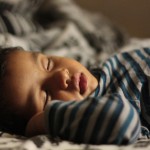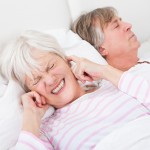
This review of the the effectiveness of different mandibular advancement devices for obstructive sleep apnoea included 50 RCTS. While the findins suggest that mono-bloc MADs are more effective duo-bloc devices the quality of the available evidence is very low.
[read the full story...]
